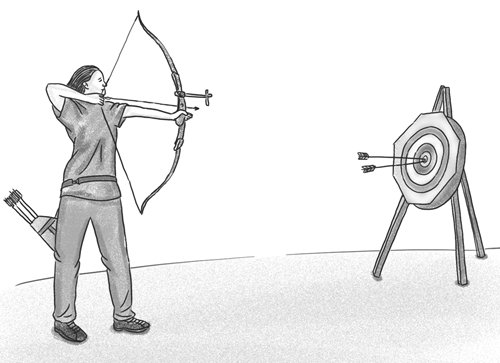HOME >> BUSINESS
China’s trade calculations outweigh Washington short-term isolationist strategy
By Wei Jianguo Source:Global Times Published: 2019/5/19 21:33:40

Illustration: Xia Qing/GT
The US has imposed an additional 25-percent tariff on $200 billion worth of Chinese products. Adding to this, the US has tried to blame China for not reaching a deal, all of which is entirely groundless. On the contrary, three situations were unexpected on the US side.
First, the US did not realize China's determination to defend its national interests. A good deal is one that would satisfy both sides by taking into consideration the core interests and concerns of both sides.
A one-sided deal would be impossible to enforce. What the US wants is directly related to China's national interests, and a firm bottom line that China cannot be compromised. US accusations hurled at China have negated the possibility of an honest deal.
Second, the US underestimated China's resilience. The US took China's sincere attitude to solve problems through negotiations as a form of tolerance and weakness, exerting pressure on multiple occasions. The US did not anticipate that China would fight back.
Third, consumers, importers, retailers, and businesses were hit unexpectedly when the US, instead of canceling the tariffs, announced a tariff hike. US consumers and other groups will act up against the Trump administration when tariff burdens fall on their shoulders. The reaction could push the US government to reconsider its isolationist strategy.
The reason behind these three unexpected situations is a result of the US being unable to understand China.
The US miscalculated China's achievements from the past 40 years of reform and opening-up. The US even claimed that they "feed" China, as if they had mercifully granted China four decades of achievement.
The US has failed to realize the strength of the Chinese economy. China's stable economy can withstand US pressure.
Time is on China's side. With few dents in the short term, the country will achieve healthier development in the long run.
The US government has been misled by a flash-in-the-pan upbeat US economy, thinking the trade war would be an easy victory. However, the seemingly booming economy, which resulted from the previous tax overhaul, is temporary.
China has been forced to fight back with accurate strikes. China is rational and conscious, knowing that the trade war will hurt both countries. Imposing tariffs on all types of US products will hurt domestic companies and output. Leaving some industries out of the tariff hikes will maintain China's production.
For the remainder of 2019, China should pay attention to exports. Though export numbers for the first two months were shiny, signs have shown differently.
The Canton Fair attracted many people but made less money. More short-term orders were placed than long-term orders. This means foreign importers still have concerns about the global economic situation and the future of the China-US trade war.
Supply-side reform, which shuttered a few heavily polluting and resource-consuming companies, also affected the exports.
The most difficult period has yet to happen. The export and import sector will likely face more problems next couple of months. The effects will reveal themselves after multiple policies are implemented. As the BRI and investment policies follow, together with the upcoming 2nd China International Import Expo, trade could stabilize for the remainder of the year.
Measures need to be taken to mitigate the side effects of the trade war. Companies need to continue exporting to maintain revenue. To achieve this, Chinese companies will have to find alternative markets, even though this will take time.
Africa is a rapidly growing market, and bilateral trade between China and African countries is over $200 billion in 2018.
Chinese companies have to explore their potential to upgrade, lower product prices, and improve quality. Besides, China can broaden regional negotiations on the Regional Comprehensive Economic Partnership and free trade agreements to create a better environment for businesses.
The global economic center will inevitably move to Asia. China has been growing and has an enormous market with great potential. If the Chinese market excludes the US, it would cost the US more than their tariff revenues.
Therefore, the US will remain attracted to the Chinese market, and China-US cooperation will continue to be the trend and the only way out for both sides.
The author is a former Chinese vice minister of commerce and executive deputy director of the China Center for International Economic Exchanges. bizopinion@globaltimes.com.cn
Posted in: EXPERT ASSESSMENT